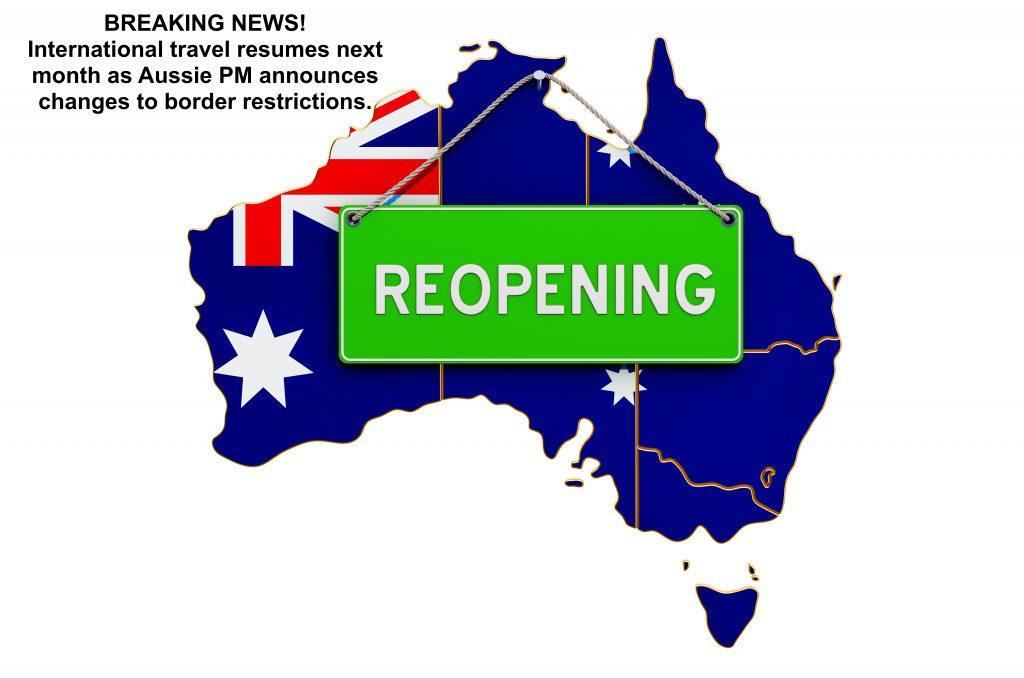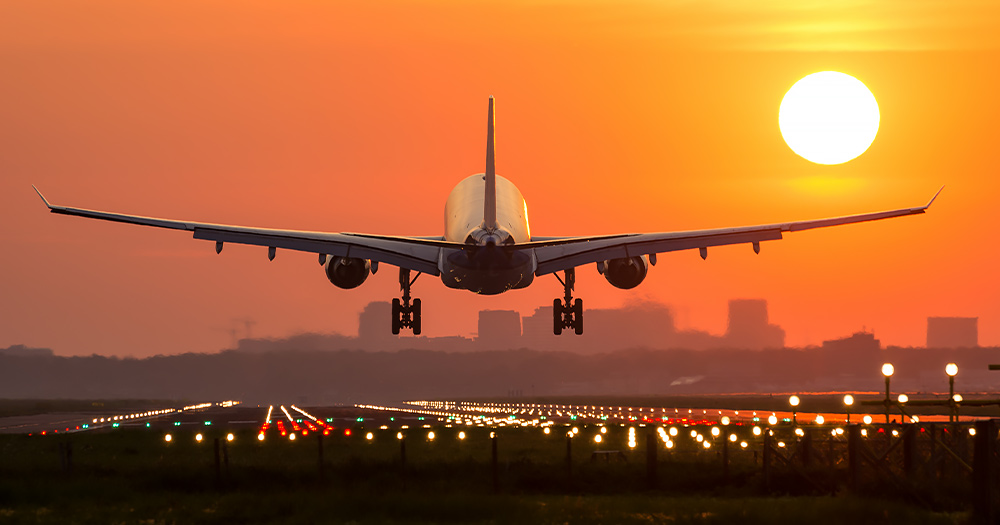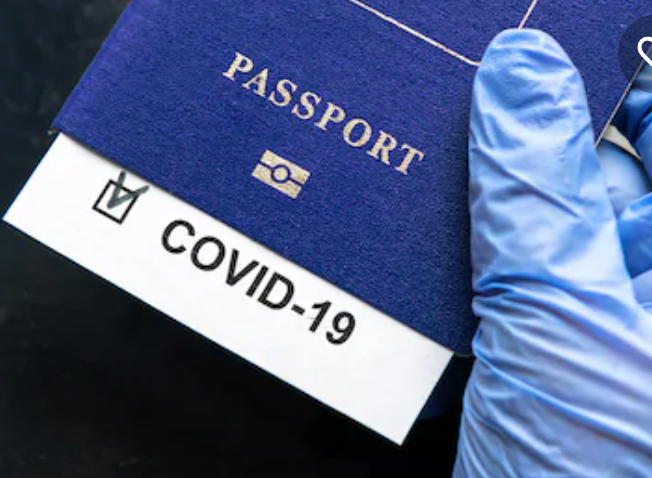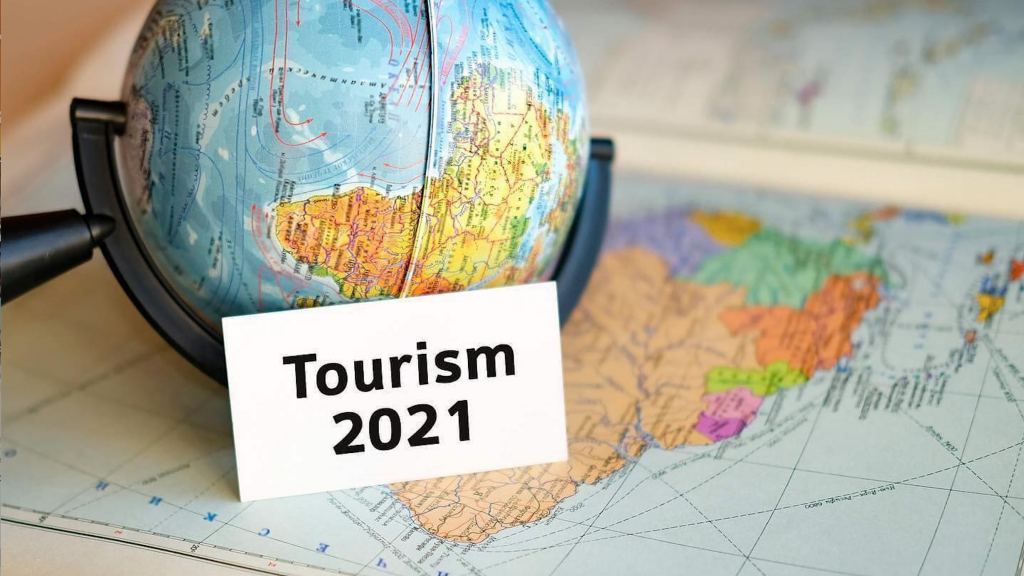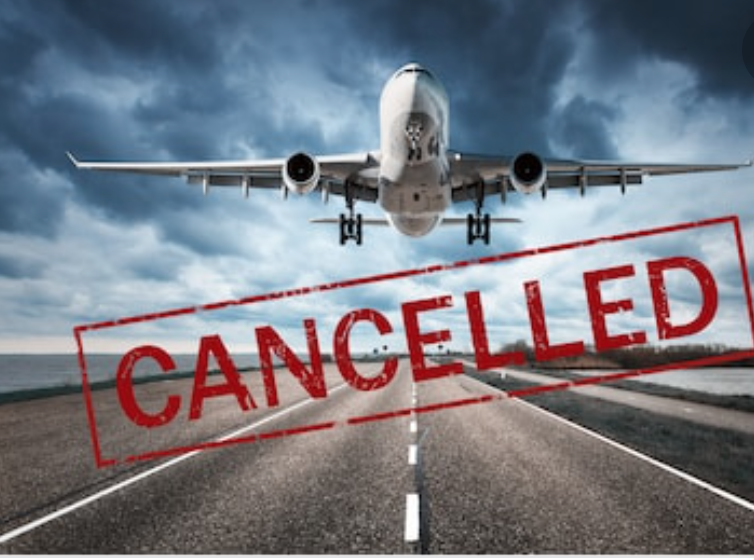Medical Tourism in Turkey
Published in the International Business Times
By IBT Contributor on 10/21/21 at 4:34 pm edit
Medical tourism in Turkey is one of the driving forces behind its economy as thousands of patients flood the international clinics and hospitals in Turkey every year all year round to undergo different treatments.
The various treatments that foreign patients look for in Turkey include simple non-surgical treatments to the most invasive surgical and medical treatments.
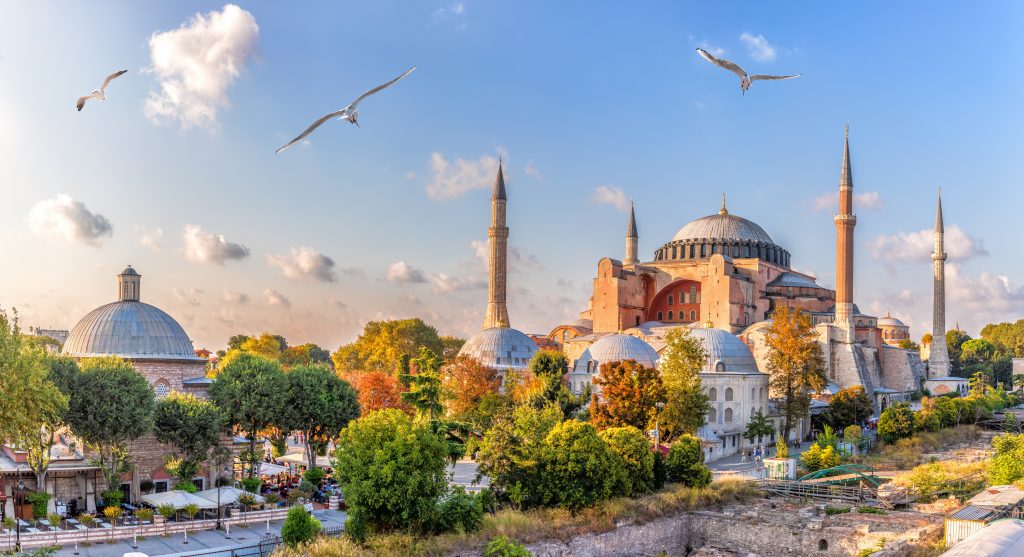
Why is Medical Tourism in Turkey Popular?
Turkey has a unique geographical location, especially its most famous city Istanbul, which is only a three hours flight from most of the capitals in the world.
Istanbul has gained an irrefutable reputation in the field of medical tourism because of many factors including:
- Advanced medical techniques and the newest technologies are used in different medical fields.
- Well-trained and experienced doctors, nurses, physicians, and others working in the medical field.
- Price may be one of the most effective factors when it comes to the increasing number of foreign patients who choose medical tourism in Turkey.
The cost of treatments, as well as the cost of living in Turkey, is low when compared to different European countries, the USA, or Canada (incl. Australia and the UK)
- Hospitals and clinics that are built and operated according to the best European standards.
- It is easy to acquire a visa to visit Turkey for most nationalities.
What are the Fields of Medical Tourism in Turkey?
As we mentioned earlier foreign patients come to Turkey seeking many treatments, the most popular of which are:
- Hair transplantation:
Istanbul is the first destination when it comes to hair transplantation. There are hundreds of hair transplantation clinics that provide their patients with natural results and perform this procedure using different techniques and the latest discoveries in the field.
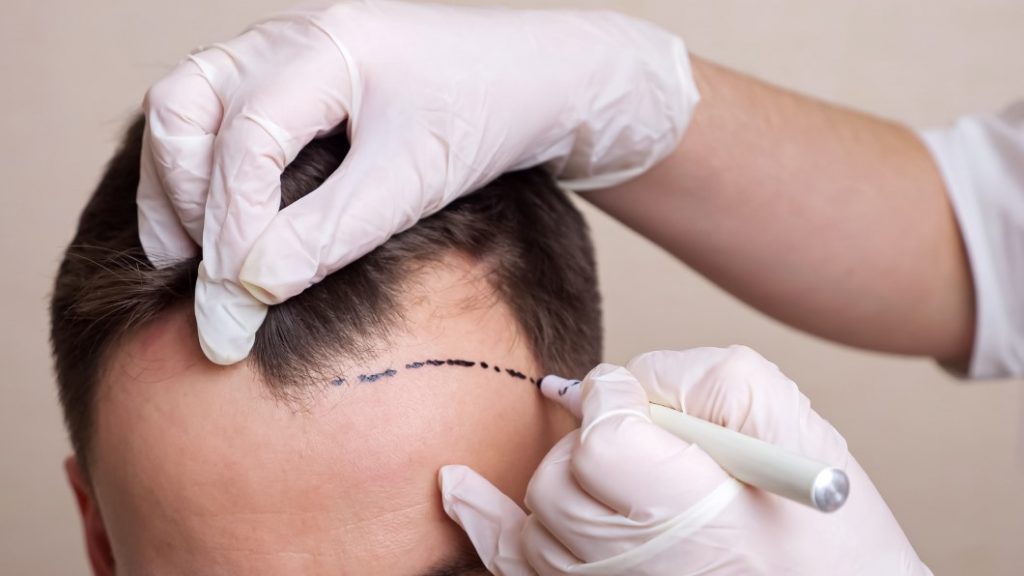
- Dental Treatments:
Turkey became among the most famous medical tourism destinations in the field of dental treatments because of the high quality of the materials used in the treatments on the one hand, and the affordable cost of these treatments on the other.
International dental clinics, welcomes thousands of patients every year to have dental implants, dentures, or Hollywood smile treatments among many other dental treatments that are less costly than most of the European countries.
- Plastic Surgery:
Plastic surgery is one of the beams that hold medical tourism in Turkey. Turkey is among the top ten countries in the world in this field. Patients choose Turkey to have their plastic surgery due to the affordable pieces, high-quality services, accredited hospitals, and clinics.
Prices of treatments, hotels, and other expenses in Turkey are cheaper by 60% to 80% when compared with other different countries especially North America, Canada the UK and Australia.

Dental medical tourism in Turkey witnessed a leap in the number of foreign patients who choose Turkey as the destination for receiving dental treatments. Clinics like Dentakay welcomed thousands of dental patients during the past months who came to Turkey to have dental treatments and spend their vacations in one of the most beautiful cities in the world, Istanbul.
It is worth mentioning that the number of medical tourism patients in Turkey in 2019 was 551,748 patients with 2 billion US dollars in revenues. The expected revenue of medical tourism in Turkey by 2023 is 20 billion US dollars according to some Turkish officials who anticipate an increase in the number of patients who choose Turkey as a destination for leisure, business, and medical tourism.















